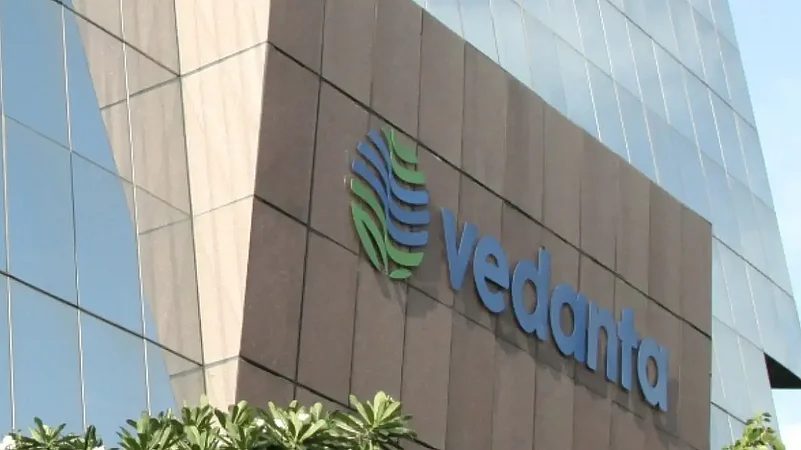Vedanta group is expecting to start building its Rs 1.5 lakh crore semiconductor plant in October-December this year and producing electronic chips by the first half of 2027, senior company officials said on Tuesday. Vedanta Semiconductor and Display business, global managing director, Akarsh Hebbar and Vedanta-Foxconn Semiconductors Limited CEO David Reed in a joint interview with PTI said the group has submitted all the technology tie-ups to the government and banks are comfortable in funding the project cost in the ratio of 70 and 30 (from the company) after adjusting subsidy.
"We are planning by the fourth quarter of this year to have the first shovel ceremony. We are working on everything to have revenue by 2027. We would have this start with 5,000 wafers in the first part of 2027. And then, we will incrementally take that up to 40,000 wafers a month," Reed said. He noted that the company will also make 28 nm wafers simultaneously as it will need the same equipment that works for 40 nm. A semiconductor plant comes out with a large semiconductor disc, which is then processed to make electronic chips.
Vedanta will also set up OSAT (outsourced semiconductor assembly and test) plant that will process the semiconductor wafers for making them usable by automobile and electronics companies. "We are bringing in tried and tested technology - 28 nm, 40 nm, which is the best for ICT devices, automobiles, smartphones, which are...decently priced. With semiconductors and displays, we will be making 60 per cent of every electronic device inside India. That is what will really make it self-sufficient...Atmanirbhar as our Prime Minister calls it," Hebbar said.
The joint venture of Indian conglomerate Vedanta and electronics manufacturing giant Foxconn has finalised the Dholera Special Investment Region near Ahmedabad for setting up their semiconductor and display manufacturing facility. The Centre is providing a 50 per cent subsidy on the total cost of the project. "All these will give rise to downstream, like, OSAT or module plants. This will lead to about 150 companies just coming in from the US, Japan, Korea, Taiwan, as part of the upstream ecosystem, the supply chain base," Hebbar said.
He said the chip production will bring in thousands of micro, small and medium businesses to start making their own mobile phones as it happened in China. "The market is conducive in India for this kind of ecosystem to make the next Silicon Valley. You will see GDP multipliers of 21 to 23 times. You will actually see that we are going to become from a developing nation into a developed nation by one of these ecosystems," Hebbar said.


























.jpg?w=200&auto=format%2Ccompress&fit=max)




